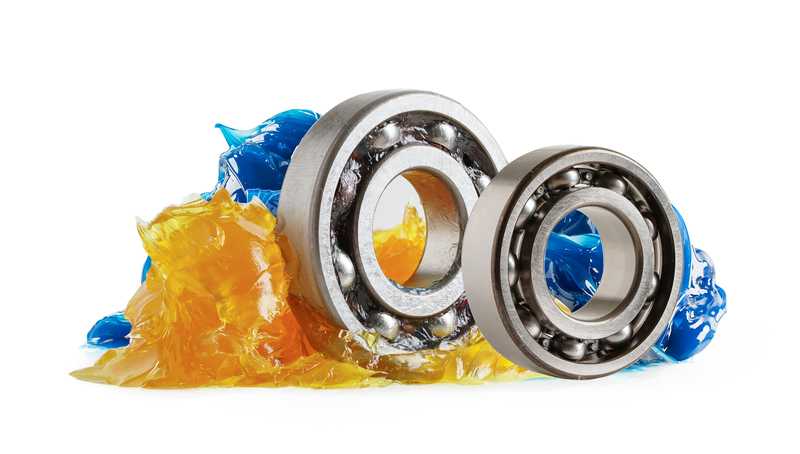
Lithium greases have traditionally dominated the global grease market, accounting for approximately 70% of usage. 1 It is expected lithium grease will always dominate the market due to their versatility. However, the increasing demand for lithium in electric vehicle (EV) batteries has led to price volatility and concerns about the long-term availability of lithium for grease production. Health and regulatory concerns for lithium-containing raw materials further complicate the market.
In response to these challenges, the industry is exploring alternative technologies. Two choices for alternatives to lithium complex greases include polyurea and calcium sulfonate greases. Calcium sulfonate complex greases are gaining attention due to their inherent high-temperature stability, anti-wear properties, and corrosion protection capabilities. 2 These greases also exhibit exceptional mechanical shear stability, making them suitable for demanding applications. These attributes make them a viable alternative to lithium-based greases, especially in applications where enhanced durability and protection are required.
However, the development of new technologies can be costly and time consuming for manufacturers. It usually takes about 5 years to develop and costs more than a quarter of a million dollars. Grease compatibility and the specific application for the grease is also a determining factor in whether alternative formulations can be used. In particular, the automotive sector has created a strong demand outlook for lithium-based greases.
Market projections reflect these trends. The global lithium grease market is expected to grow from $3.05 billion in 2023 to $3.97 billion by 2028, at a compound annual growth rate (CAGR) of 5.4%. 3 In contrast, the calcium sulfonate market is projected to grow from over $271.99 billion in 2024 to exceed $525.72 billion by 2037, with a CAGR of over 5.2%. 4
In summary, while lithium complex greases continue to hold a significant share of the market, the combination of lithium cost concerns and the potential advantages of calcium sulfonate greases are driving a gradual shift towards these alternatives. This transition is expected to be driven by economic drivers of supply and demand as industries seek more sustainable and high-performance lubrication solutions.
Further Reading:
ChemCeed Products for Calcium Sulfonate Grease
- 12-HSA
- Acetic Acid
- Alkylbenzene sulfonic acid
- Antioxidant
- Base Oils – i.e. PAO, PIB
- Boric Acid
- Calcium Acetate
- Calcium Borate
- Calcium Carbonate
- Calcium Hydroxide
- Calcium Phosphate
- Calcium Sulfonate
- Formic Acid
- Mineral oils – various paraffinic olefins and aromatics, white oils for food contact grease
- Phosphoric Acid
- Silica
- Solvents – i.e. IPA, Propylene Glycol
